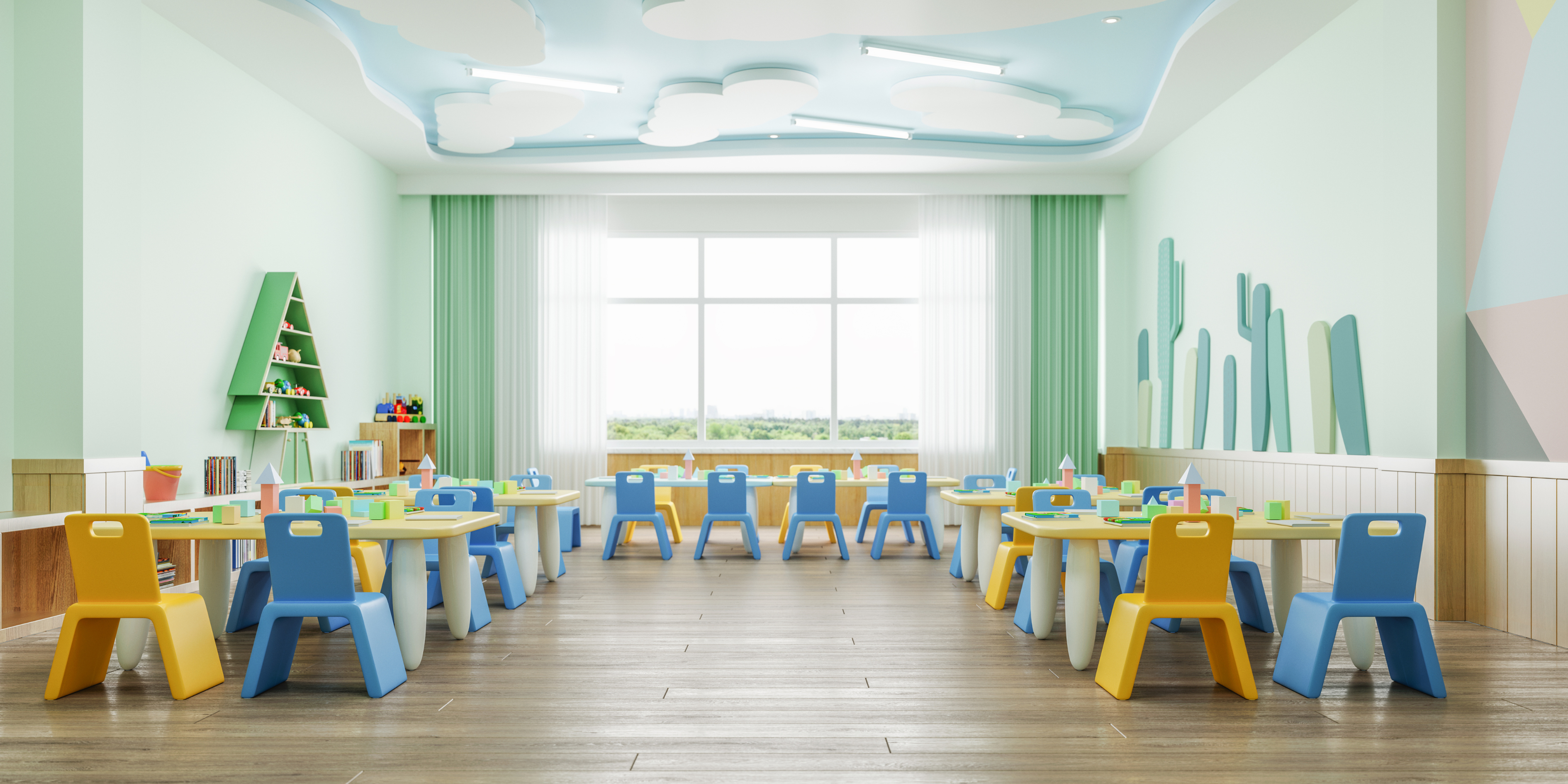
As winter has set in, colds and the flu have already become prevalent across the country. In Australia, record-high influenza numbers have already been reported, especially as many people spent the last few years wearing masks and remaining isolated; mandates that have since been dropped.
For children, who are still developing their immunity and tolerance to viruses, this season can be dire. So, parents and businesses that work with children must do everything in their power to reduce the chances of colds and cases of flu spreading amongst their premises. Therefore, the following blog provides tips to help preschool cleaners and staff maintain an infection-free business to ensure the health and safety of all children in their care are maximised.
Minimise Infections By Promoting Proper Hand Hygiene
Hand Hygiene is one of the most effective ways to prevent the spread of infection in preschool settings. Primarily, this is because it encourages children to eradicate germs and harmful pathogens from their hands after each activity, such as playing outside, chatting with friends or sneezing. With proper hand hygiene in place, this can ensure that pathogens from potentially infectious children are not spread across surfaces in the preschool, such as tables, chairs and even toys.
To ensure proper hand hygiene is executed, staff first need to guarantee they have the right resources in place. This includes but is not limited to the Rubbermaid Commercial Products Soap Dispensers with the appropriate hand soap refills. Children must also be taught how to clean their hands properly by washing between their fingers and lathering the Rubbermaid soap for long enough. The Rubbermaid Commercial Products team also recommends that hand-washing is made fun for children. Doing so can make it feel less like a chore, which will encourage them to wash properly.
It is also important to remind children not to dry their hands on their clothes, as this can eliminate the effectiveness of hand washing.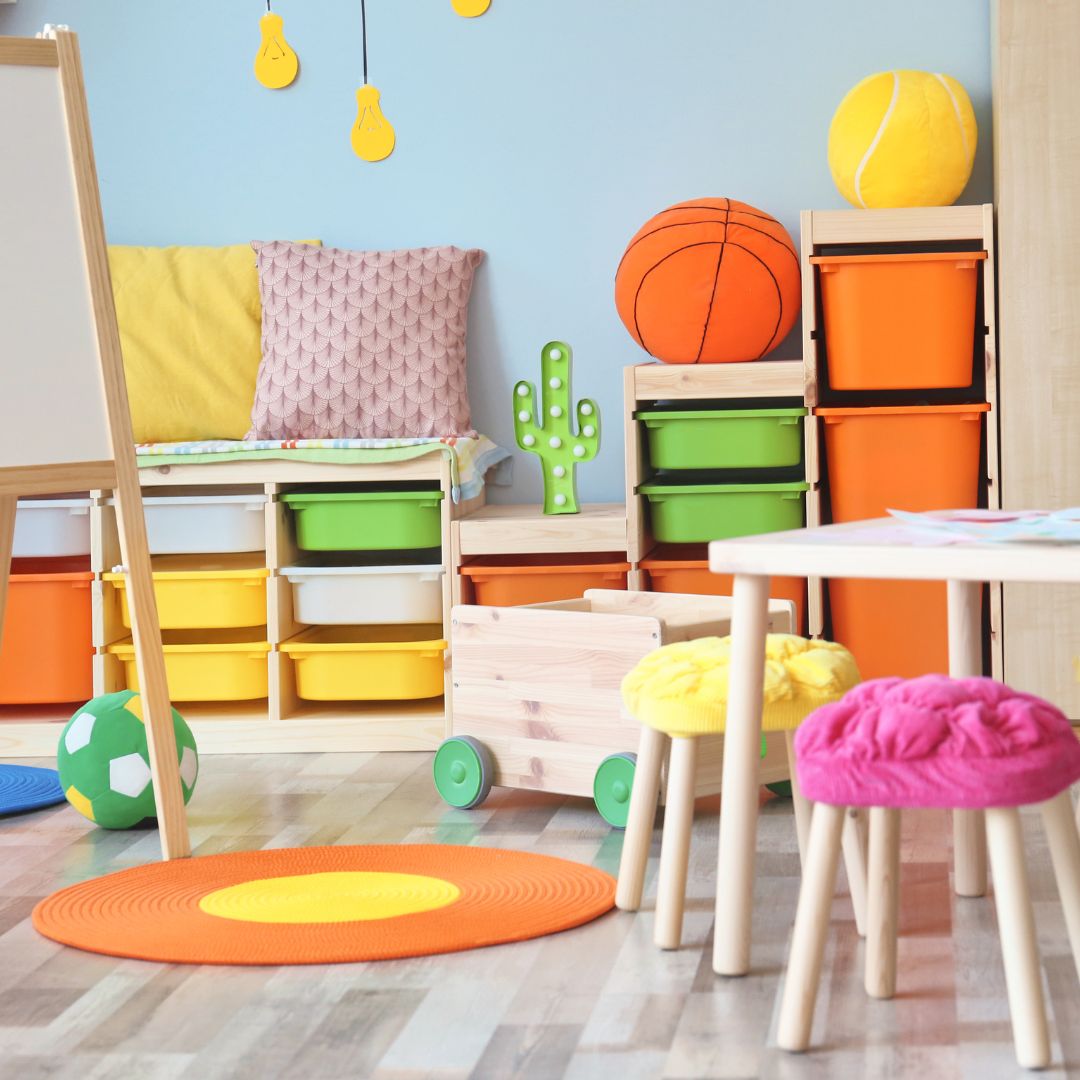
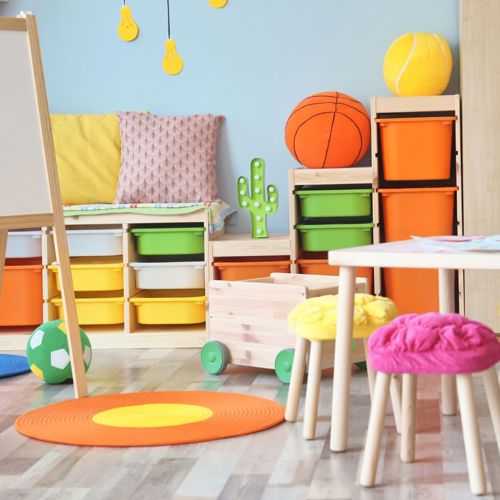
Ensure regular cleaning and disinfection takes place to minimise infections from spreading
Regular cleaning and sanitising is another significant way to ensure that infections do not spread throughout a preschool facility. While hand-washing can prevent a large portion of harmful pathogens from reaching surfaces, it’s important to remember that children (and even adults) won’t always adhere to perfect hand-hygiene standards. This means that surfaces can become easily infected when touched or even breathed over.
To best clean surfaces, the Rubbermaid HYGEB Microfibre range is always effective. It is innovated to pick up dirt, dust and pathogens from surfaces to guarantee that infections remain at an all-time low. For infection prevention, the HYGEN range is also incredibly suitable as it doesn’t require cleaning chemicals and is effective even through the use of water alone. This indicates that ‘clean-as-you-go’ sanitising systems can take place without putting students at risk.
Implementing a comprehensive cleaning schedule for each room in preschools can also ensure that infection prevention is maximised at all times. This schedule should make note of sanitising all surfaces, such as doorknobs, light switches, benches and toys.
To add an extra level of sanitisation to the preschool facility, staff should also consider using different cleaning cloths for each room or type of surface. Though the Rubbermaid Commercial Products range is innovated to trap and not release pathogens until washed, this adds further security to the cleaning process and can avoid cross-contamination.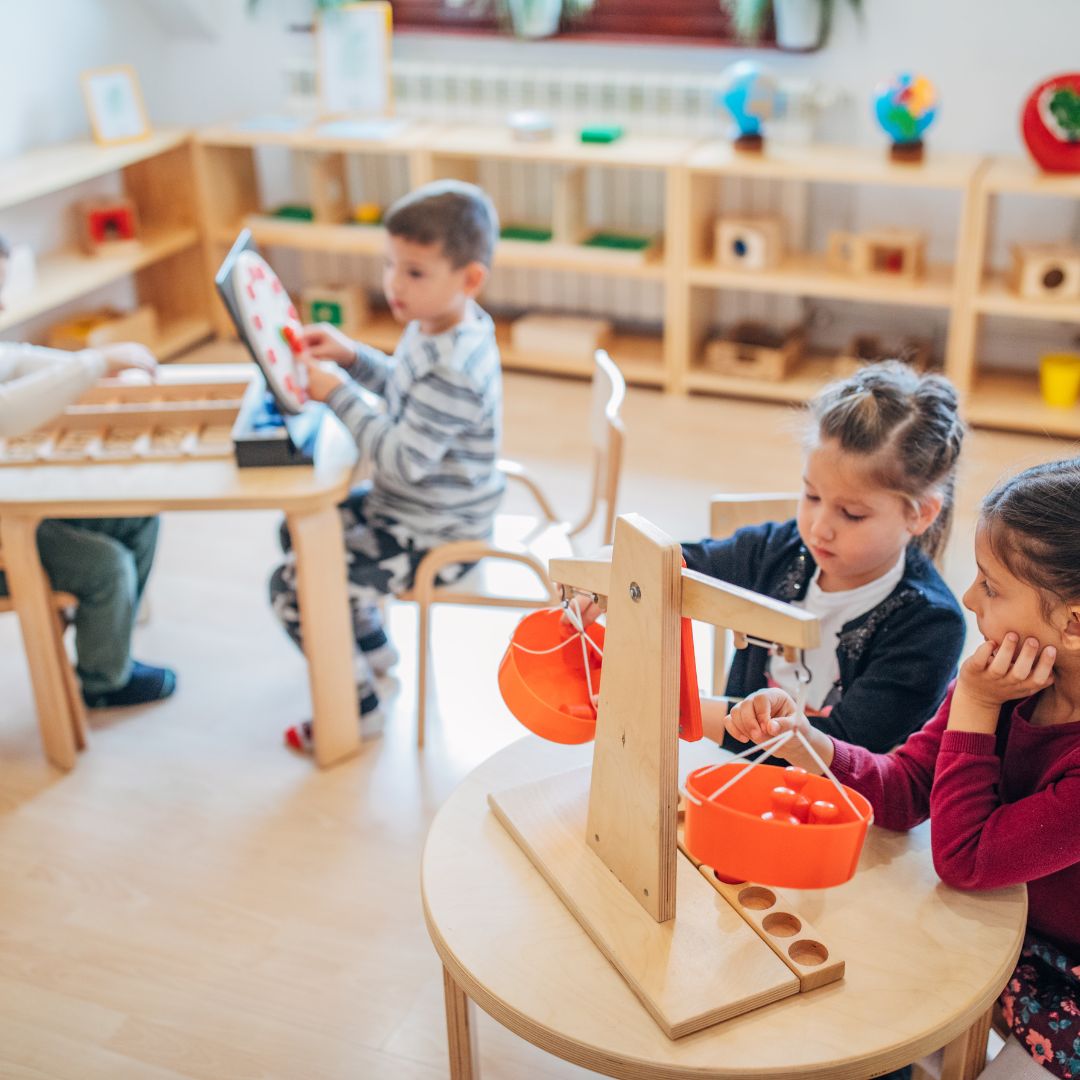
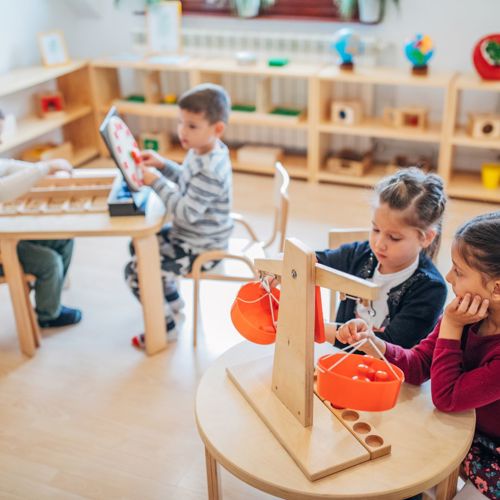
Optimise indoor air quality to improve preschool infection prevention
Poorly ventilated preschools are often the ones that see the highest rates of infection. This is because viral infections are not allowed to leave premises quickly, which means they then get trapped in children’s airways or begin to grow on surfaces. So, preschool facilities must do what they can to improve air quality at all times.
Keeping windows and doors open throughout the day is a leading way to improve ventilation. Though, in the winter, this isn’t always an option due to the colder environment. During these periods, fans in bathrooms must be switched on, and air purifiers should be in use. These can artificially mimic the air-cleaning qualities that the wind carries to guarantee infections do not spread uncontrollably through the air.
Reduce preschool infection through good waste management
Waste, when disposed of incorrectly or left on surfaces, can quickly become a hazard to students. This is especially true in the instance of used tissues, which may carry viral infections. Encouraging students to dispose of all waste in a hands-free, step-on waste bin can guarantee that any potentially hazardous waste is eradicated before it can spread infections throughout a preschool. The Rubbermaid Commercial Team also explicitly recommends step-on solutions for preschools as they can reduce the likelihood of cross-contamination onto the skin, which can also make children fall ill.
Older children can also be educated about the different types of waste and waste bins, such as recyclables. This can help the preschool in question ensure it is doing its part for the environment.
Rubbermaid Commercial Products Provides Solutions for Preschools
Creating a safe and healthy environment in pre-schools during the winter season requires a comprehensive approach. Rubbermaid Commercial Products provides innovative and reliable solutions that can significantly contribute to minimising infections in educational facilities. Contact the team to find out more.